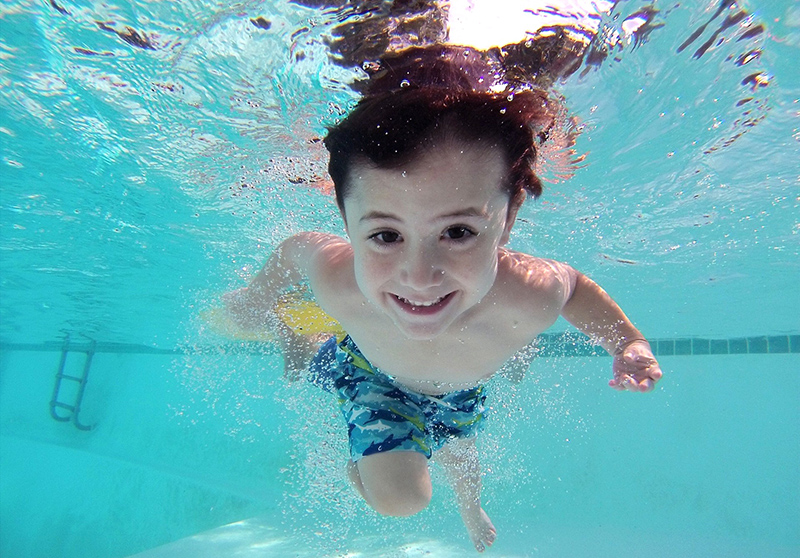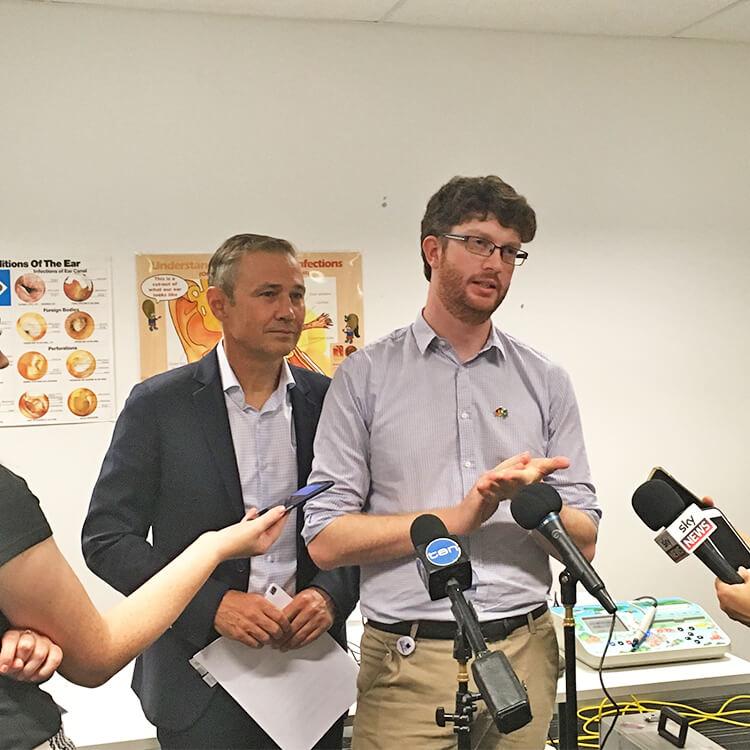Search
We investigated predictors of nasopharyngeal carriage in Australian Aboriginal and non-Aboriginal children.
Are you listening? The inaugural OMOZ Workshop - towards a better understanding of otitis media
We investigated trends in invasive pneumococcal disease (IPD) in Western Australia (WA).
To investigate antimicrobial susceptibility of Moraxella catarrhalis isolated from a cohort of children being followed in a study of the natural history of OM
To investigate temporal trends in admission rates for acute lower respiratory infections (ALRI) in a total population birth cohort of non-Aboriginal and...
Infection accounts for the majority of pediatric mortality and morbidity in developing countries, but there are limited data on the infectious diseases...

Check out our top tips for travelling with an ear infection so that the kids can fly safely and hit the pool in no time.

Researchers have found kids who experience repeat ear infections in infancy have a much higher risk of ongoing problems with ear infections in later childhood

Wait times for Aboriginal children suffering ear infections could be reduced to less than four weeks thanks to a new The Kids Research Institute Australia research project
The Djaalinj Waakinj (Listening, Talking) Ear Portal project commenced in 2020 to evaluate an equitable ear and hearing care pathway for Aboriginal children residing in the metropolitan area of Perth.
